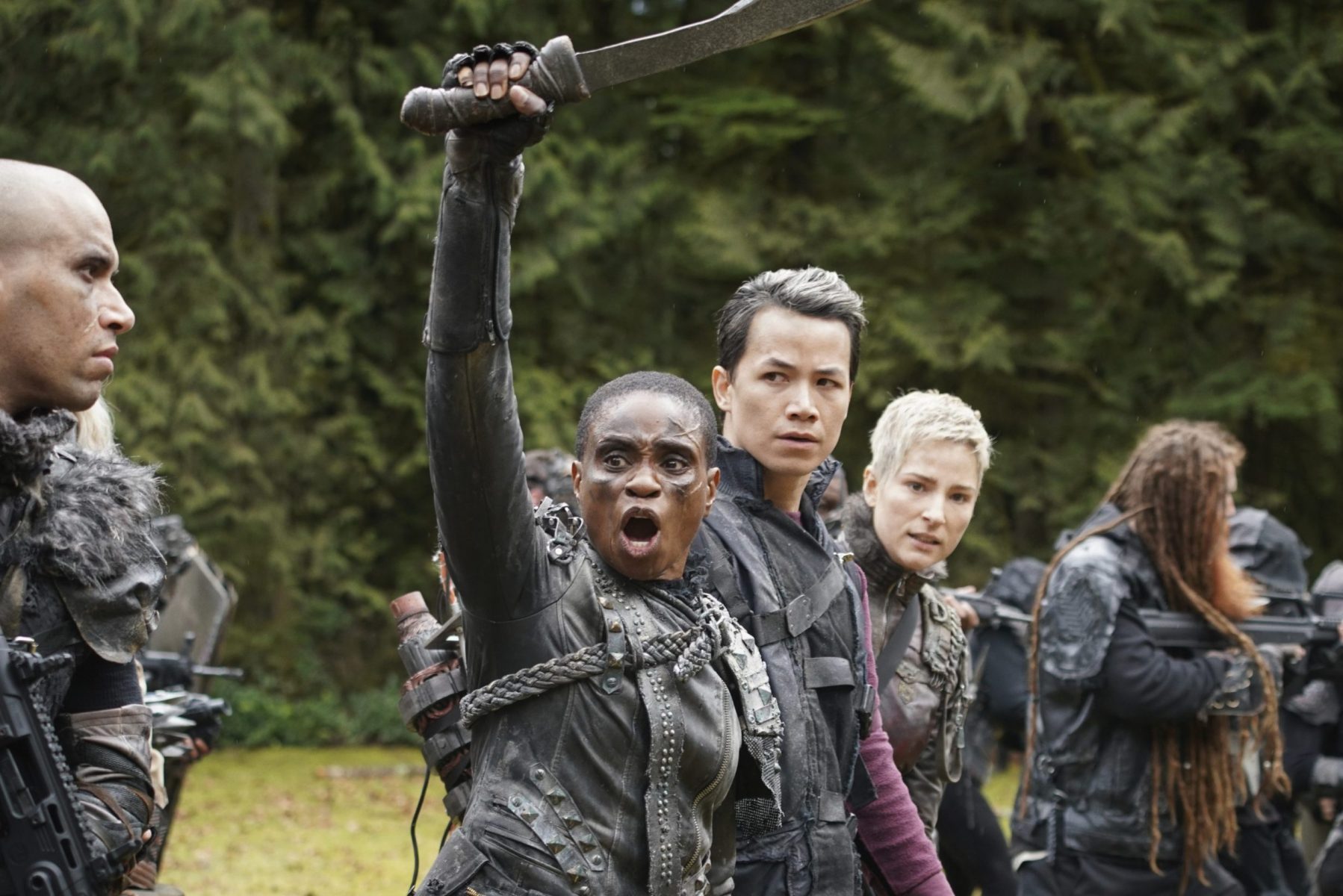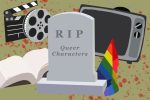It should be no surprise to anyone familiar with “Lord of the Flies” that it has become a cultural icon. Even on its surface, it is intriguing: Following perfectly normal kids as they crudely recreate hierarchy and societal norms is nothing short of exciting. What “Lord of the Flies” excels at, and what has kept it so relevant in both pop culture and in academia, is its commentary on human nature. The children are unburdened by external forces and when left to their own devices they behave in many ways like we would expect of animals. It helps, too, that the characters are themselves aligned in such a way that it becomes difficult to isolate the “good guys” from the “bad guys,” as every faction acts objectionably.
Nor should it be any surprise that, given the success of the novel, there have been others that have attempted to capture the magic under a different name. Many of these endeavors are directed at an audience who may never have read the original material; with these people in mind, creators mimic the same themes in a glossier and often more accessible medium, like film. What must be understood, however, is that this translation is never seamless. Much is lost when converting a story from one medium to another and doing so while still being respectful toward the source material is remarkably difficult. The TV show “The 100” serves as a useful example to map the landscape of cinema that has attempted to do exactly this.
“The 100” is at somewhat of a disadvantage from the very beginning. It originated as a book, which means it has undergone two cycles of translation rather than just one. The effects of this abnormally large distance between it and “Lord of the Flies” can be seen in some of its deeper, structural misappropriations — although this may be difficult to see, given that the two stories’ settings are so different.
Unlike “Lord of the Flies,” which is set sometime in the mid-20th century, “The 100” has a slick sci-fi aesthetic and is set 97 years after a nuclear apocalypse on Earth. The survivors live on a spaceship, and they send 100 young prisoners to Earth to determine if it is habitable once again. Already some of the cracks are starting to show; the inhabitants must be relatively young for the commentary to work, but it is less clear why the leadership would choose to send children. In “Lord of the Flies,” the children are the only survivors of a plane crash, so it makes sense for them to be there without adults, but the explanation “The 100” gives feels much weaker.
Another strange decision “The 100” makes is the one to not isolate its cast. Earth is actually still inhabited by an array of clans, including cannibals and former doomsday preppers. The presence of a multitude of other people weakens the commentary greatly; the whole reason “Lord of the Flies” is compelling is because its characters are a closed system, or a kind of control group. The strength of the writing allows for the choices and dispositions of the children to be the sole determining factor behind the events of the book from beginning to end.
However, if outside influences — like cannibals and foreign adults — are allowed to meddle in that chemistry, it becomes far less potent. It, too, is harder to do without superb writing, as all of the drama and intrigue come from the characters themselves and cannot be snapped into existence to create tension like a tribe of cannibals can. Evidently, “The 100” did not feel up to the task.
There is also far less grey in “The 100.” It falls into the narrative trap of having obvious good guys and bad guys, which again cheapens the experience. The audience needs to believe that those portrayed are realistic representations of people; without it, its commentary fails — not much can be said about human nature using characters that do not behave in a recognizably human way.
“Lord of the Flies” has characters, like Roger, that do evil things, but they are never evil for evil’s sake. Like people in real life, they commit terrible acts with the belief that they are justified. It is far more apparent that these children are driven mad by power, and it is that power that uniformly motivates their actions. A character named Finn in the second season of “The 100,” for example, literally massacres a village of unarmed and innocent people for absolutely no reason. The show just decides that he is a bad guy, and so he goes about murdering innocents for the fun of it — the arc lacks the nuance or the development to make that kind of event believable.
The majority of these problems are not problems of execution, but ones of intent; “The 100” illustrates so well the common successes and pitfalls of a “Lord of the Flies” visual adaptation. The show looks great and is fun to watch as well, but the problem stems from a lack of understanding of why “Lord of the Flies” is so compelling; its commentary is so delicate and finely tuned that even one ill-conceived decision can weaken it severely, and it seems as though many creators appreciate the aesthetic but not what the aesthetic has to say.
Even by accident, though, “The 100” and similar shows manage to say something, which truly is a testament to the efficacy of the source material. Much beyond mere entertainment can still be acquired, and to be completely fair, bringing “Lord of the Flies” to a younger audience is a respectable feat — regardless, one can only hope that future efforts will be more true to the spirit of the source material.

















